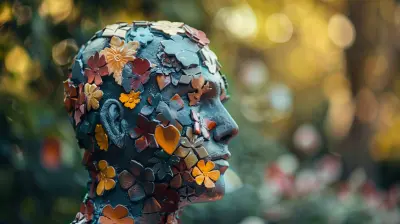The Role of Genetics in Addiction Vulnerability
13 July 2025
Addiction… it sneaks in quietly. Sometimes it starts as a harmless habit—just a drink here, a pill there, maybe a puff to calm the nerves. But before you know it, it grips tightly, refusing to let go. Why is it that some people can have a few drinks and call it a night, while others spiral into dependence? Is it sheer willpower? Life circumstances? Or is something deeper at play?
Turns out, there's a hidden player in this game—our genes.
In this article, we're going to dive headfirst into the mysterious, and often overlooked, role of genetics in addiction vulnerability. Brace yourself; it's going to get fascinating.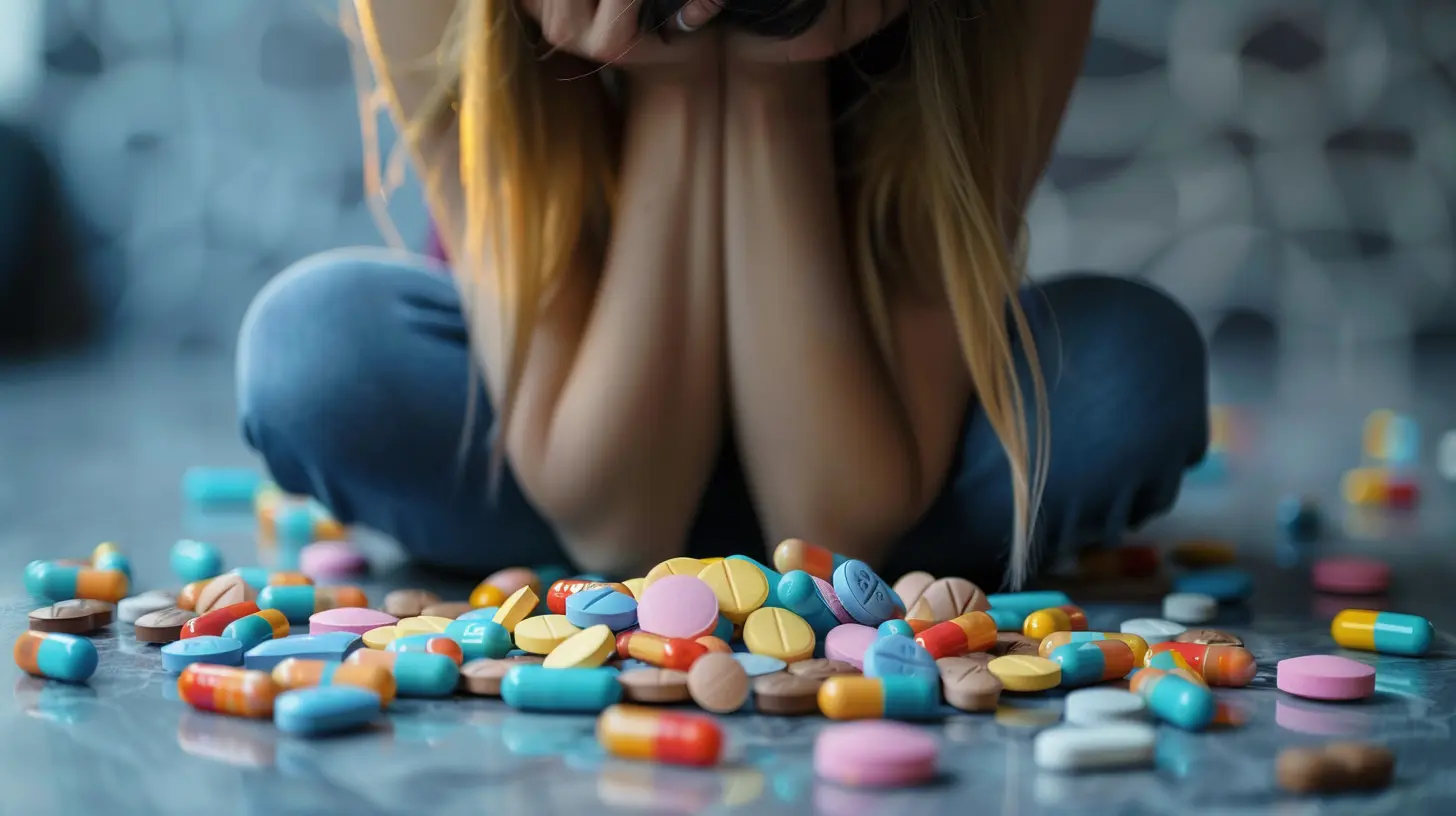
What If Addiction Was Written in Your DNA?
Let’s start with a question that may give you goosebumps: could your genes make you more likely to become addicted?The idea might sound like something straight out of a science fiction novel, but science says it’s absolutely real. Researchers have been mapping the human genome and studying behavioral patterns for years, and what they’ve found is both enlightening and a bit eerie—our genetic makeup can, in fact, set the stage for addiction.
No, having a specific gene doesn’t mean you're doomed to addiction—but it might stack the deck against you.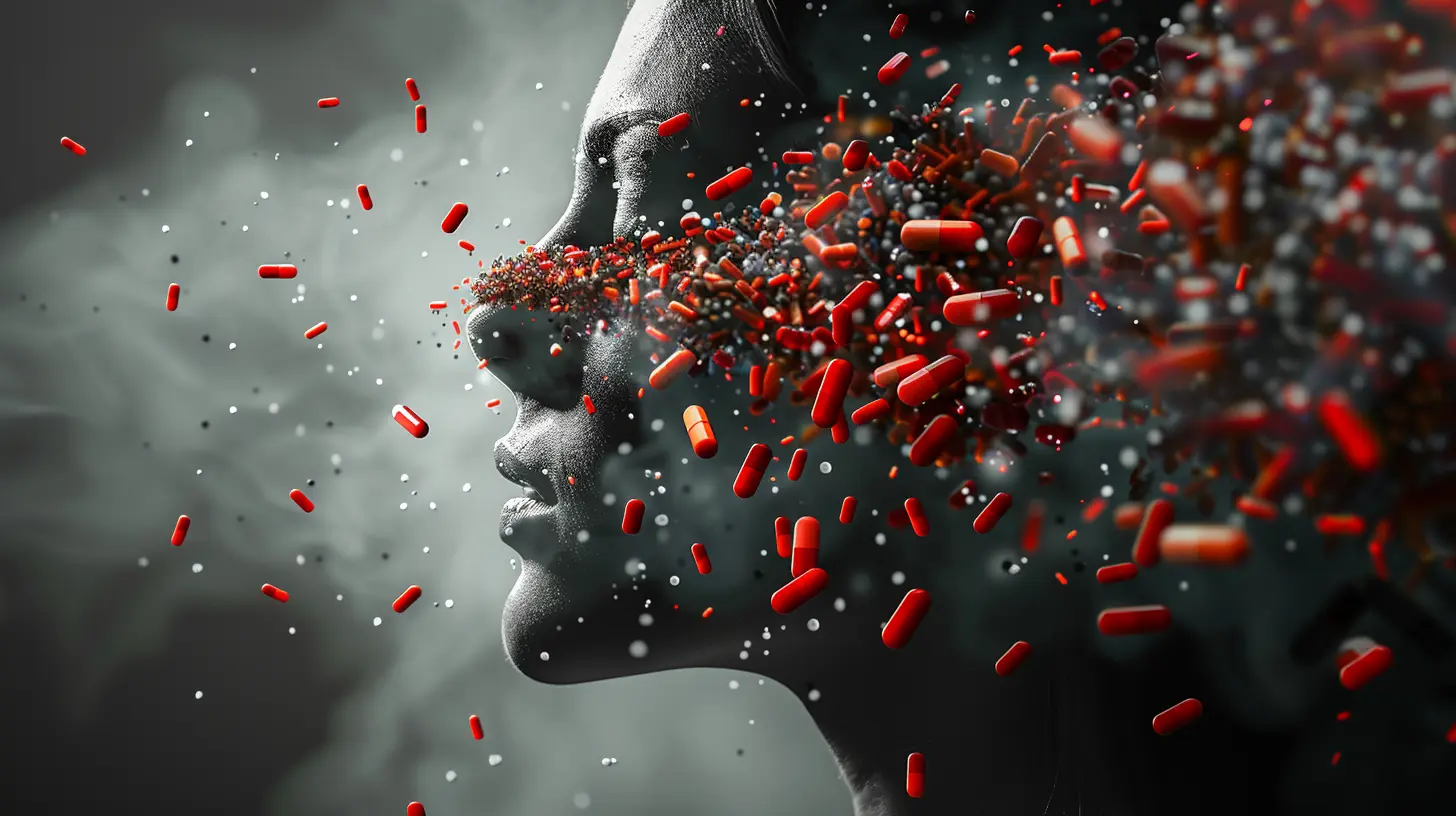
Nature vs. Nurture: The Eternal Tug of War
Before we go deeper, let’s talk about the classic debate: nature vs. nurture. Does addiction come from your environment—the people you were around, the trauma you suffered, the substances you were exposed to? Or is it because of something inside of you?Surprise: it's both. But here's the twist—genetics can actually shape how you react to your environment.
Imagine two people grow up in the exact same neighborhood, with the same access to drugs and alcohol. One becomes addicted, and the other doesn’t. Why? Genetics might hold the answer. Think of genes as the "software" running in your body. If your coding is a bit glitchy in some key areas—like impulse control or how your brain rewards pleasure—you might be more at risk.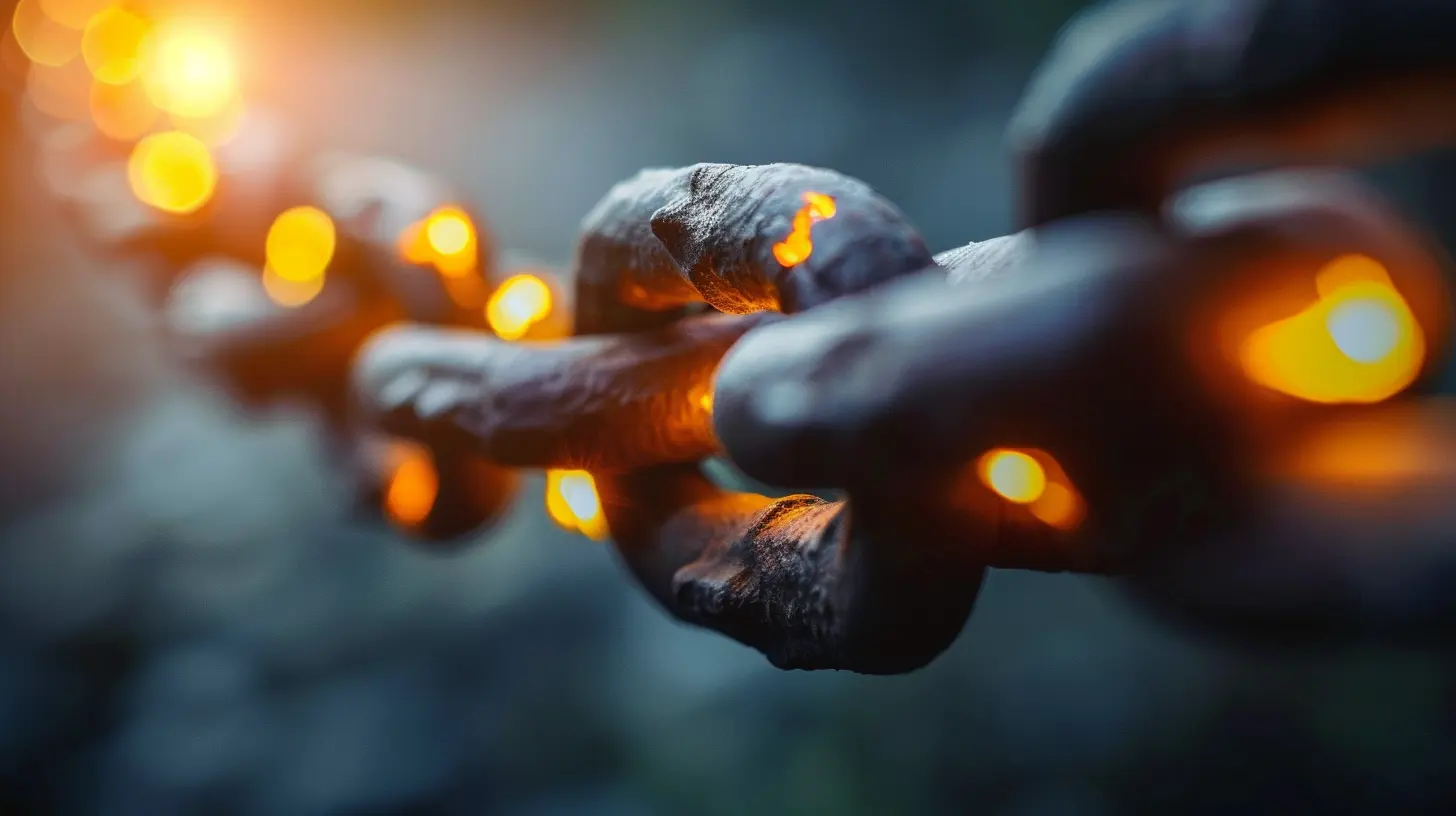
Meet the Usual Suspects: The Genetic Markers Linked to Addiction
Let’s geek out for a minute (just a minute, promise). Scientists have identified a bunch of genes that can influence addiction vulnerability. Here are a few of the heavyweights:1. DRD2 – The Dopamine Receptor Gene
This bad boy affects how your brain processes dopamine—the “feel-good” chemical. People with certain variations of the DRD2 gene may get more of a dopamine rush from drugs, making them more likely to chase that high again and again.It’s like having a reward system that throws a party every time you light a cigarette or take a drink. Hard to say no to a party, right?
2. OPRM1 – The Opioid Receptor Gene
This gene plays a role in how your body handles pain—and pleasure. A variation here might mean you feel pain more intensely, and also that you feel the euphoria from opioids more powerfully. And once you've felt that kind of bliss, it’s hard to un-feel it.3. GABRA2 – The Chill-Out Gene
GABA is like your brain's natural tranquilizer. When this gene is off-kilter, you might have a harder time calming yourself down in stressful situations. What do people often turn to when they’re stressed? Booze, pills, substances that bring relief.4. SLC6A3 – The Dopamine Transporter
This gene helps reabsorb dopamine after it’s been released, kind of like cleaning up after a party. If this process is too slow or fast, your dopamine levels can go out of whack—and that imbalance can drive people to seek pleasure in artificial ways.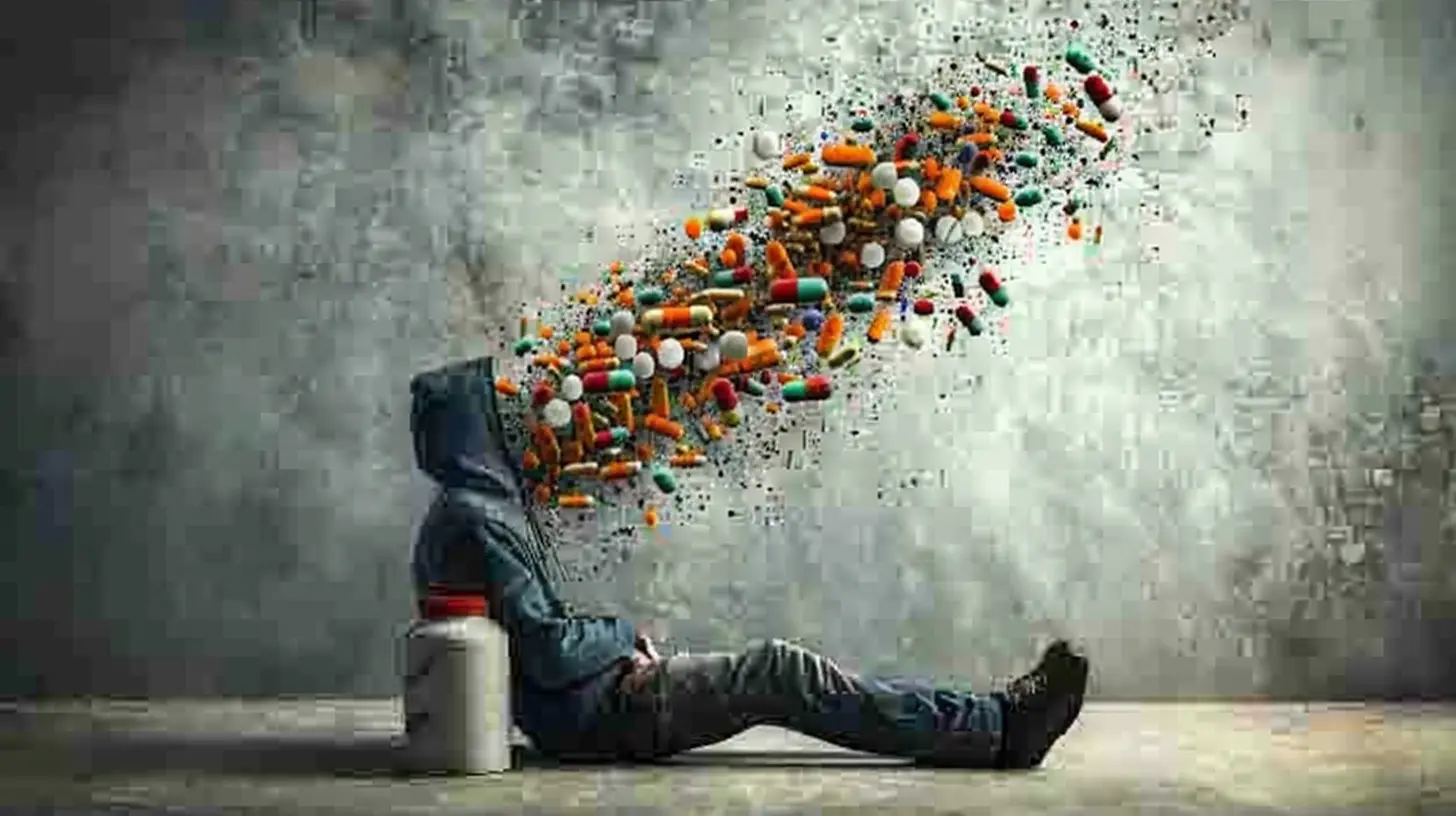
Family Ties: Addiction Runs in the Bloodline
Ever heard someone say, “Addiction runs in my family”? Well, there’s truth to that.Studies have shown that if you have a parent or sibling struggling with addiction, your chances of developing an addiction yourself are significantly higher—up to 60% higher in some cases. That’s huge.
But before you go blaming your entire family tree, remember: genes are only part of the picture. You might inherit susceptibility, but not destiny.
Epigenetics: When Life Switches Your Genes On or Off
Okay, now buckle up—this part is straight-up science magic.Epigenetics is like the DJ of your genetic playlist. It doesn’t change the song (your DNA), but it can crank up the volume or mute it entirely based on your environment.
So, you might have a gene that makes you more vulnerable to addiction, but whether or not it "turns on" can depend on stress, trauma, diet, exposure to substances, even social connections.
It’s like holding a match—whether you light it or not depends on the surroundings.
Why Some People Get Hooked Faster
Have you ever wondered why your friend could stop after one drink, while you needed five just to feel “normal”?Genetics can play a role here, too. Some people metabolize substances differently, whether it’s alcohol, nicotine, or opioids. If your body processes something faster or slower, it can affect how long the high lasts—or how intense it feels.
And guess what? Faster highs often mean stronger cravings. It’s a cruel advantage that addiction has over the human body.
Mental Health and Genetics: A Double Whammy
Here’s where things get even messier.Many of the same genes involved in addiction are also linked to mental health disorders like depression, anxiety, bipolar disorder, and ADHD. So if you're genetically more likely to struggle with mental health, you might also be more vulnerable to addiction.
It’s like fighting a battle on two fronts—with a leaky shield.
This overlap is known as “comorbidity,” and it’s why so many people with addiction also have underlying emotional or psychological challenges. The two feed off each other. One fuels the other. It’s a vicious cycle.
Can You Beat Genetic Predisposition?
Here’s the big question: if addiction is partly genetic, are we all just puppets on a string?Absolutely not.
Think of your genes as the cards you’re dealt. You can’t change your hand, but you can choose how to play it.
Awareness is your best weapon. If you know you have a family history of addiction, or you recognize those genetic tendencies in yourself—like impulsivity, anxiety, or a sensitive reward system—you can make informed choices.
Avoiding triggers, building a strong support system, seeking therapy, and engaging in healthy coping mechanisms can keep your vulnerabilities in check.
The Promise of Personalized Treatment
Here’s a glimmer of hope. As we learn more about the genetic side of addiction, we’re getting better at customizing treatments.Imagine walking into a clinic and getting a treatment plan tailored to your DNA. That’s not sci-fi anymore—it’s slowly becoming reality.
With genetic testing, doctors might soon be able to:
- Predict which medications will be most effective for you.
- Identify potential side effects before you even take the first dose.
- Create therapy plans that align with your unique brain chemistry.
This level of personalized care could change the game for people with addiction, giving them a fighting chance like never before.
So, What Can You Do With All This Knowledge?
Maybe you’re reading this because you’re worried about yourself, or someone you love. Knowing that genetics plays a role in addiction might feel unsettling, but there’s a silver lining—it gives you a roadmap.This isn’t about fear. It’s about power.
If addiction is in your genetic cards, you’re not cursed. You’re human. And humans adapt, grow, and overcome.
Here are a few simple steps:
- Talk to your family about addiction history. It’s not a taboo—it’s information.
- Notice your patterns. Do you crave intensity? Do you struggle with impulse control?
- Seek support early. Therapy, counseling, groups—don’t wait until things fall apart.
- Stay curious. The more you understand your brain, the better you can protect it.
Final Thoughts: You Are Not Your Genes
Let’s end with a little truth bomb: you are not your genes.Yes, they shape you. Yes, they influence your risks. But they don’t define your destiny. You have choices, strength, and support available to you—even when it doesn’t feel that way.
Addiction is complex. It’s a tangled web of biology, psychology, and life experience. But understanding the role of genetics gives us a light in the dark.
And every step toward understanding is also a step toward healing.
all images in this post were generated using AI tools
Category:
AddictionAuthor:

Gloria McVicar
Discussion
rate this article
1 comments
Zariah McCallum
Genetics significantly influence addiction susceptibility—fascinating insights!
August 9, 2025 at 3:05 AM

Gloria McVicar
Thank you! I'm glad you found the insights on genetics and addiction fascinating. It’s a vital area of research that can help us understand and address addiction more effectively.

